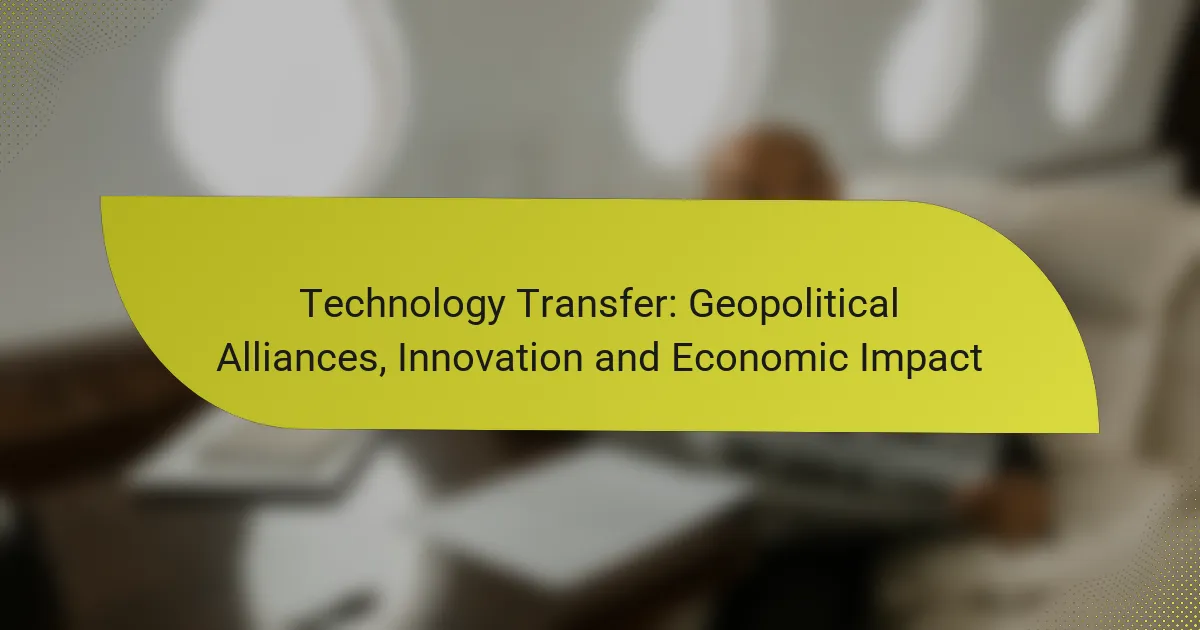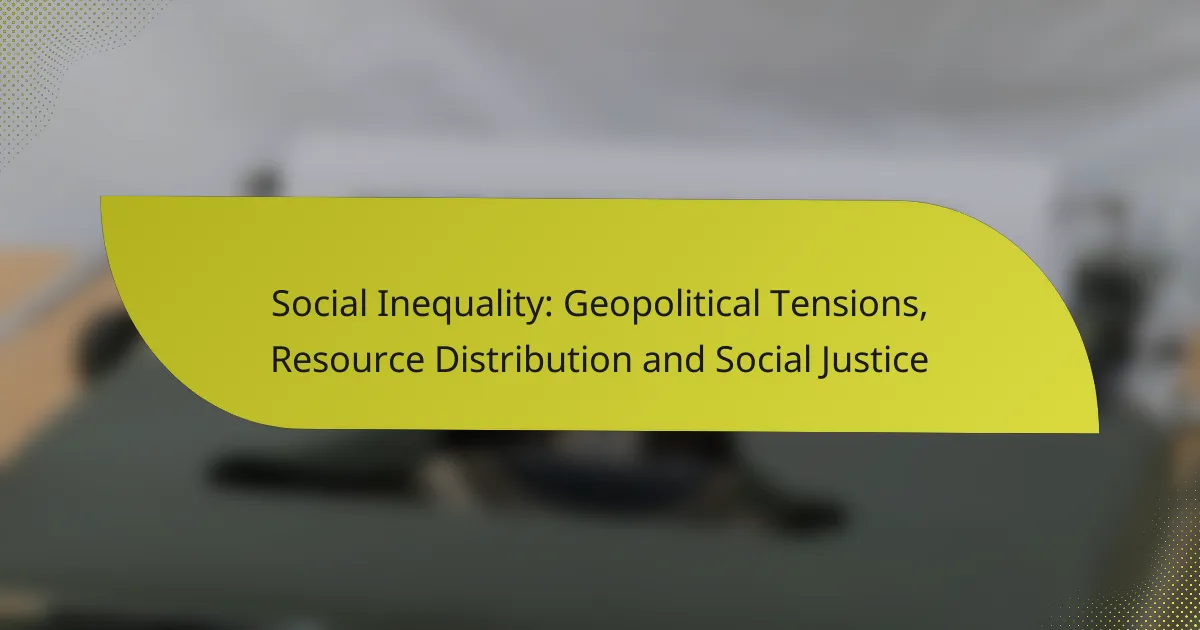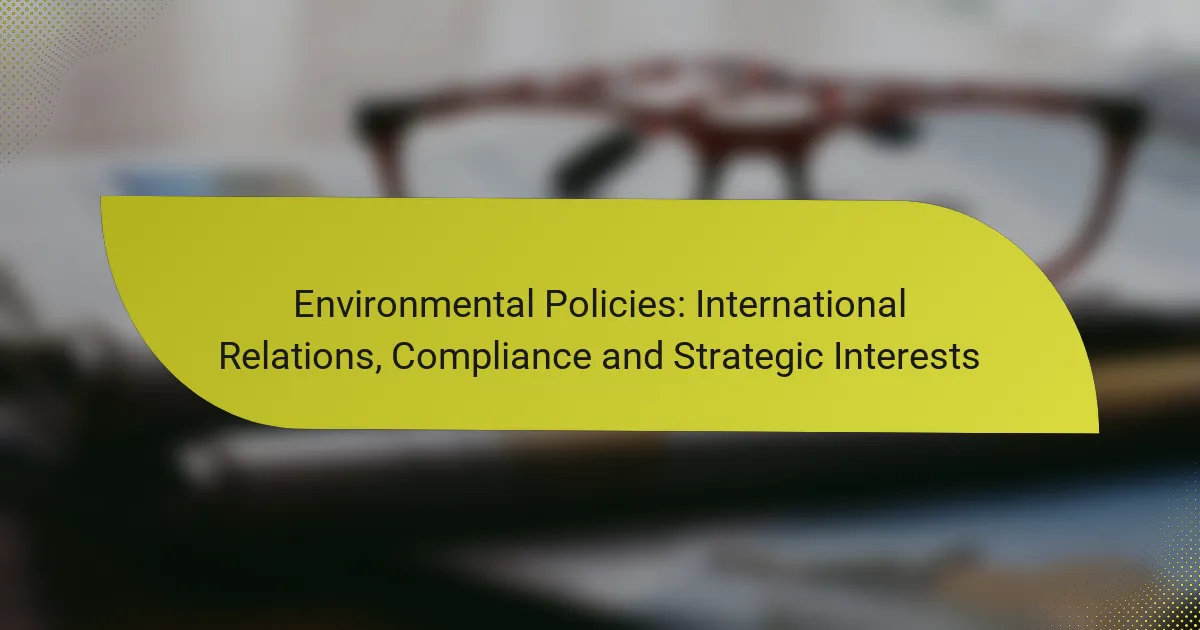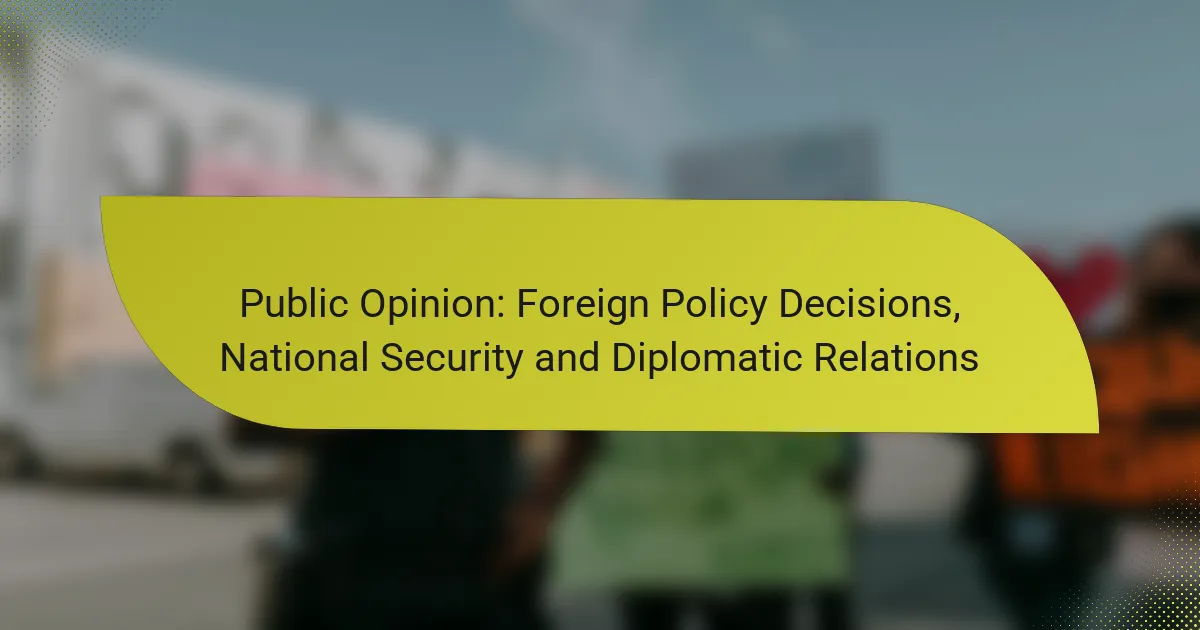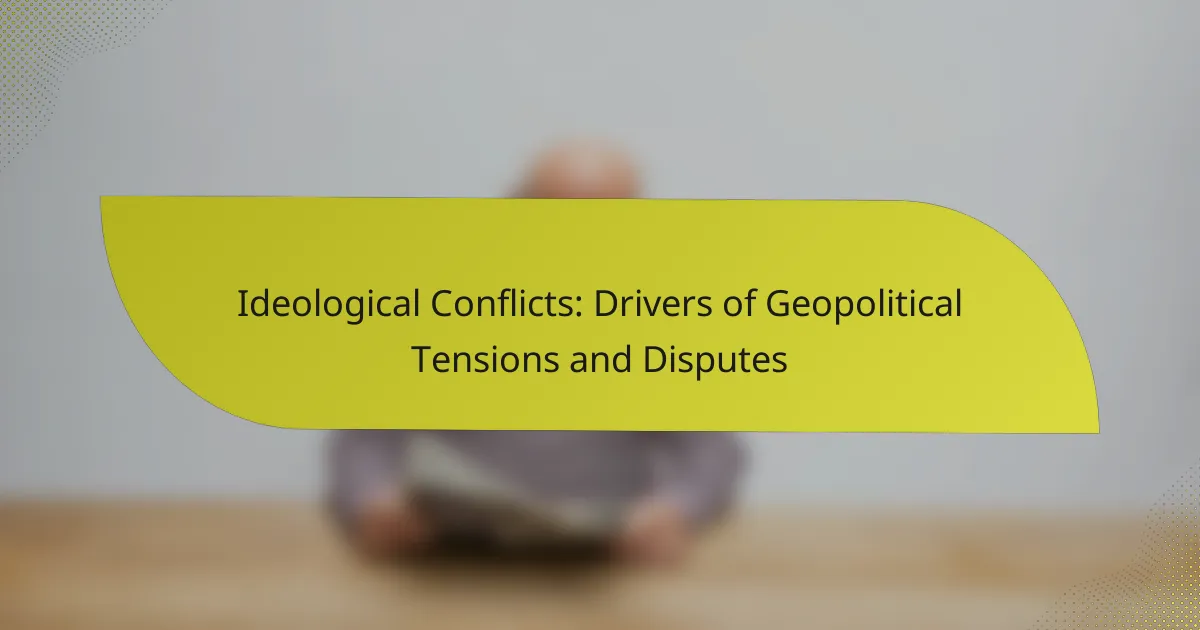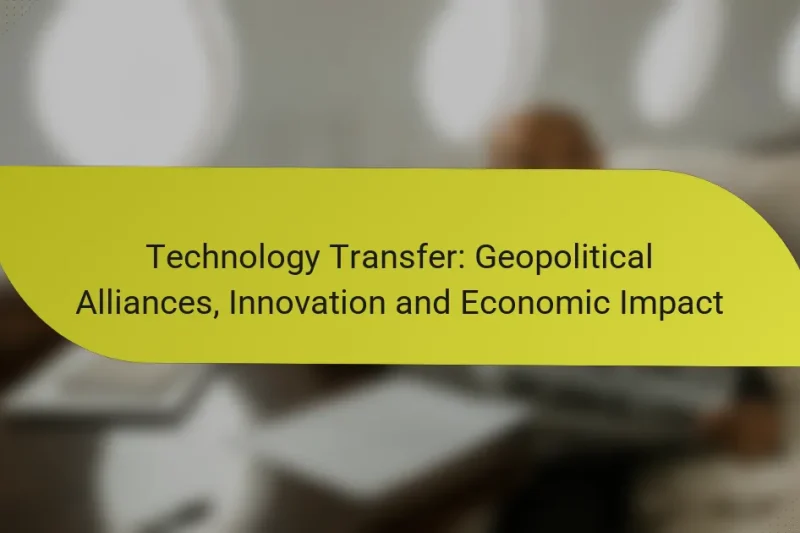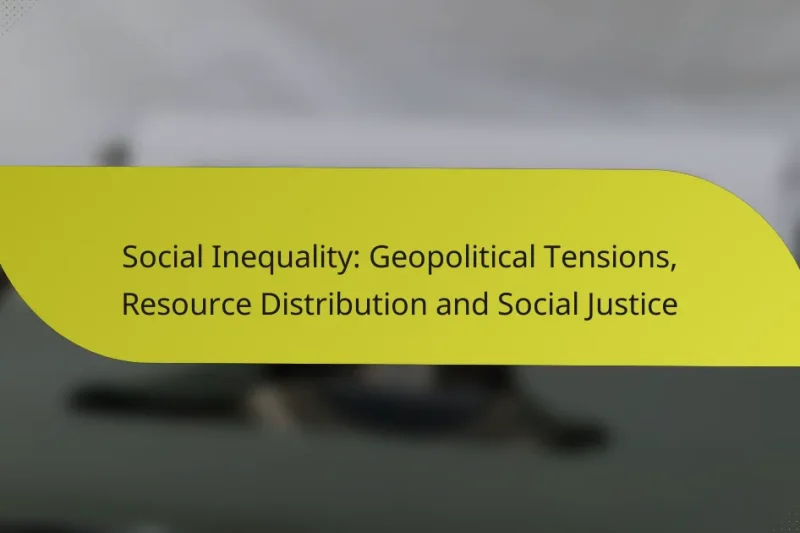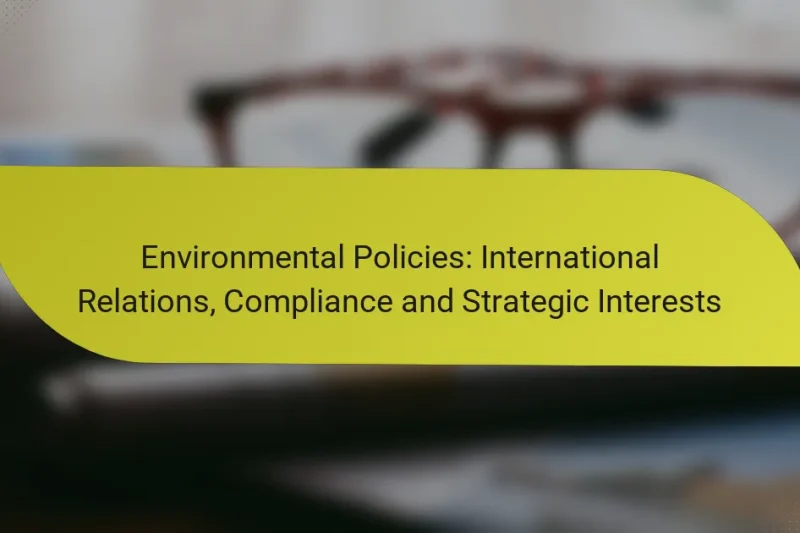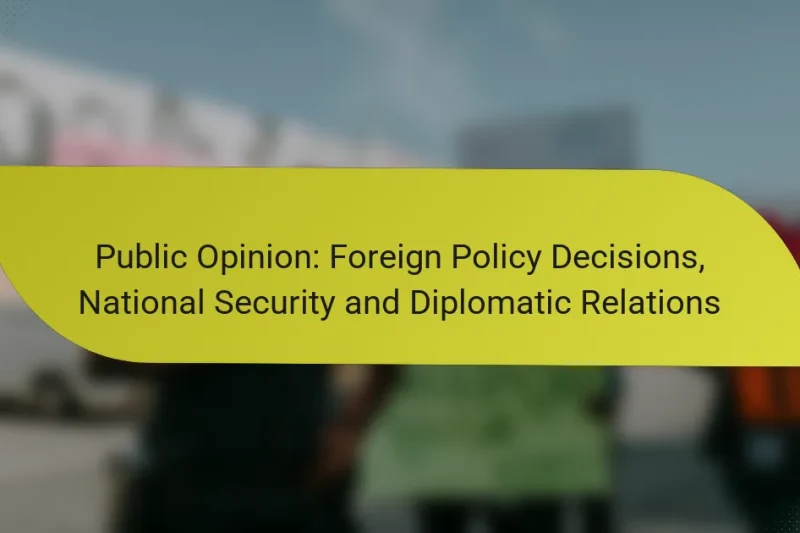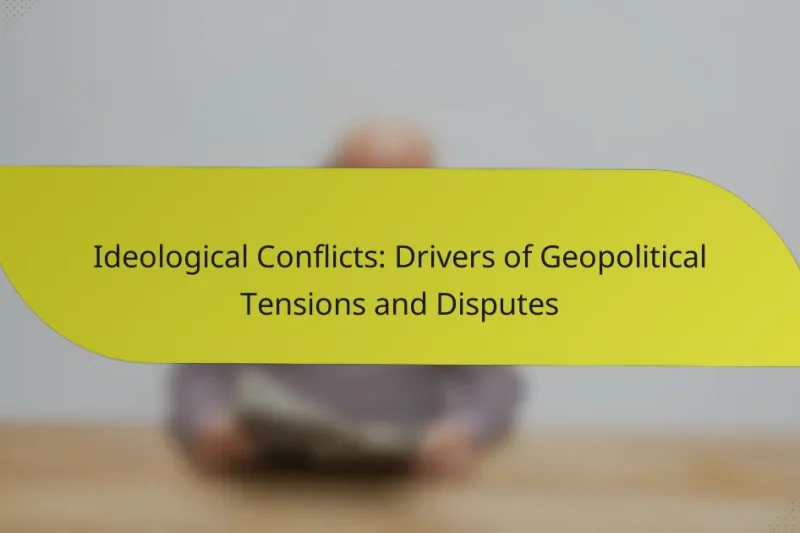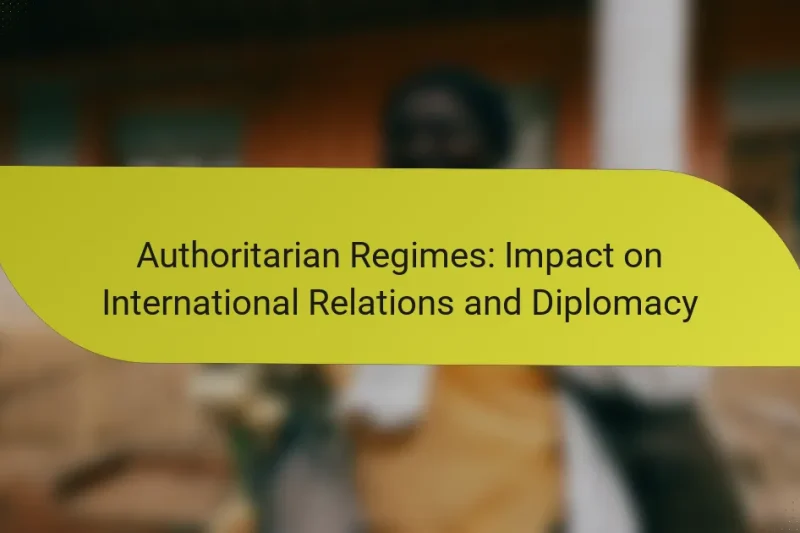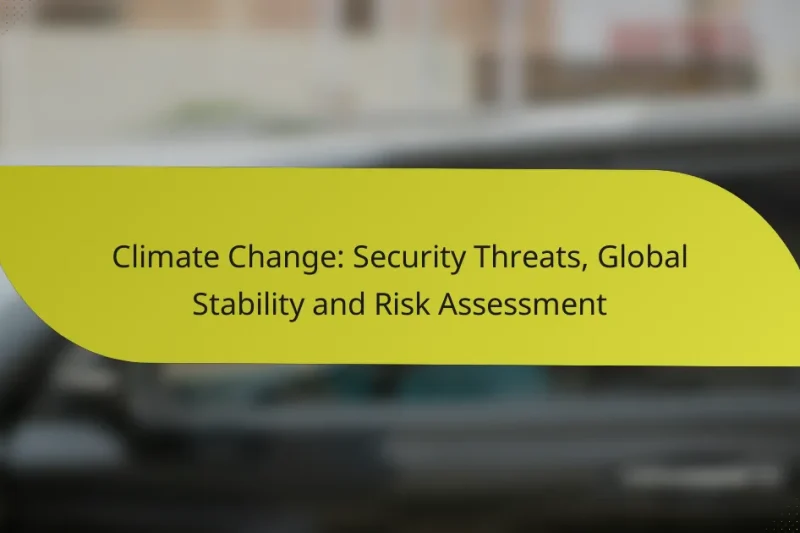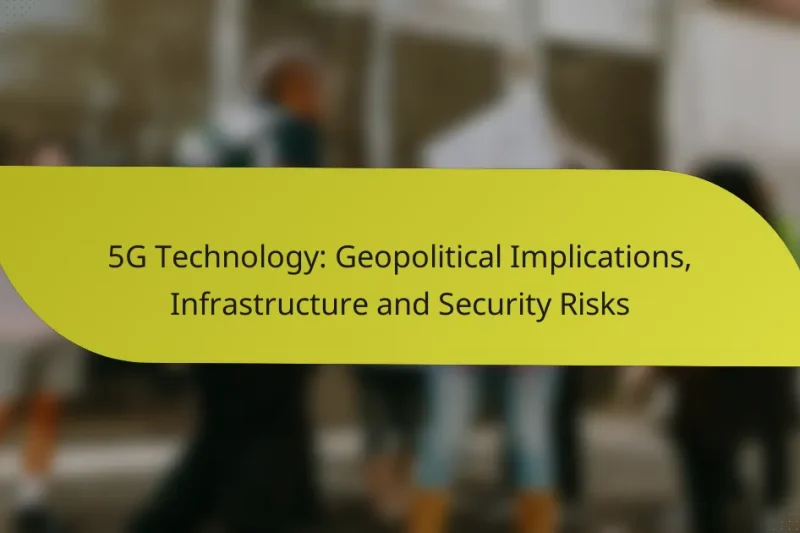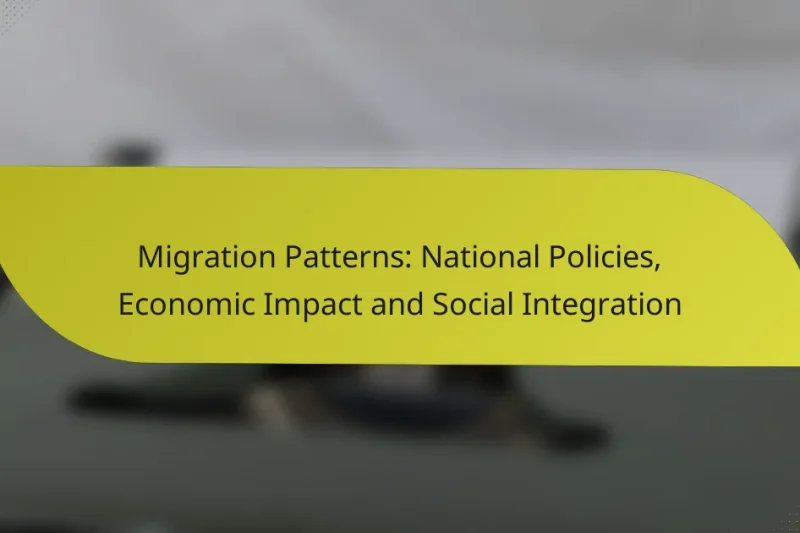Technology transfer plays a crucial role in shaping geopolitical alliances, fostering collaboration among nations, and driving … Technology Transfer: Geopolitical Alliances, Innovation and Economic ImpactRead more
In 2023, the geopolitical landscape is characterized by the rise of multipolarity, the influence of climate change on international relations, and intense technological competition, particularly between the US and China. These dynamics not only shape global trade patterns but also significantly impact economies, security, and international alliances. Understanding these trends is crucial for navigating the complexities of today's interconnected world.
Social Inequality: Geopolitical Tensions, Resource Distribution and Social Justice
Social inequality is a critical driver of geopolitical tensions, as disparities in resource distribution can lead … Social Inequality: Geopolitical Tensions, Resource Distribution and Social JusticeRead more
Environmental Policies: International Relations, Compliance and Strategic Interests
Environmental policies play a crucial role in shaping international relations, influencing trade dynamics, diplomacy, and global … Environmental Policies: International Relations, Compliance and Strategic InterestsRead more
Public Opinion: Foreign Policy Decisions, National Security and Diplomatic Relations
Public opinion plays a crucial role in shaping foreign policy decisions, particularly in the United States, … Public Opinion: Foreign Policy Decisions, National Security and Diplomatic RelationsRead more
Ideological Conflicts: Drivers of Geopolitical Tensions and Disputes
Ideological conflicts serve as powerful drivers of geopolitical tensions, rooted in the beliefs and values that … Ideological Conflicts: Drivers of Geopolitical Tensions and DisputesRead more
Authoritarian Regimes: Impact on International Relations and Diplomacy
Authoritarian regimes play a crucial role in shaping international relations, often prioritizing state control over individual … Authoritarian Regimes: Impact on International Relations and DiplomacyRead more
Climate Change: Security Threats, Global Stability and Risk Assessment
Climate change is a critical security threat that intensifies natural disasters, resource scarcity, and geopolitical tensions, … Climate Change: Security Threats, Global Stability and Risk AssessmentRead more
5G Technology: Geopolitical Implications, Infrastructure and Security Risks
The advent of 5G technology carries profound geopolitical implications, reshaping global power dynamics and influencing national … 5G Technology: Geopolitical Implications, Infrastructure and Security RisksRead more
Inflation Rates: Impact on Political Stability
Inflation plays a crucial role in shaping political stability, particularly in the United States, where rising … Inflation Rates: Impact on Political StabilityRead more
Migration Patterns: National Policies, Economic Impact and Social Integration
Migration patterns are profoundly influenced by national policies that dictate entry conditions and duration of stay, … Migration Patterns: National Policies, Economic Impact and Social IntegrationRead more
What are the key geopolitical trends in 2023?
In 2023, key geopolitical trends include the rise of multipolarity, the impact of climate change on international relations, technological competition primarily between the US and China, shifts in global trade patterns, and ongoing regional conflicts. Understanding these dynamics is essential for navigating the complex global landscape.
Rise of multipolarity
The rise of multipolarity signifies a shift from a unipolar world dominated by the US to a more balanced distribution of power among multiple nations. Countries like China, India, and Russia are increasingly asserting their influence, leading to a more complex international order.
This trend affects global governance, as emerging powers seek a greater voice in institutions like the United Nations and the World Trade Organization. Nations must adapt their foreign policies to engage with a broader array of partners and competitors.
Impact of climate change on geopolitics
Climate change is reshaping geopolitical dynamics by exacerbating resource scarcity, prompting migration, and increasing the frequency of natural disasters. Nations are compelled to address these challenges collaboratively, yet competition for resources like water and arable land can lead to tensions.
Countries that are proactive in climate adaptation and mitigation strategies may gain a competitive edge. For instance, investments in renewable energy can enhance energy security and reduce dependence on fossil fuels, which are often sources of geopolitical conflict.
Technological competition between the US and China
The technological competition between the US and China is a defining feature of contemporary geopolitics, influencing economic strategies and national security policies. Key areas of focus include artificial intelligence, telecommunications, and cybersecurity.
Both nations are investing heavily in research and development to secure technological supremacy. Companies and governments must navigate this landscape carefully, balancing innovation with compliance to regulations and international standards.
Shifts in global trade patterns
Global trade patterns are shifting due to factors like changing consumer preferences, supply chain disruptions, and geopolitical tensions. The rise of regional trade agreements and the reconfiguration of supply chains are reshaping how goods and services are exchanged worldwide.
Businesses should consider diversifying their supply chains and exploring new markets to mitigate risks associated with geopolitical uncertainties. For example, companies may look to Southeast Asia as an alternative manufacturing hub to reduce reliance on China.
Regional conflicts and their implications
Ongoing regional conflicts, such as those in the Middle East and Eastern Europe, have significant implications for global stability and security. These conflicts often involve complex alliances and can disrupt trade routes, leading to economic repercussions far beyond the immediate area.
Understanding the underlying causes of these conflicts is crucial for policymakers and businesses alike. Engaging in diplomatic efforts and conflict resolution initiatives can help mitigate risks and foster a more stable international environment.
How do geopolitical trends affect global economies?
Geopolitical trends significantly influence global economies by shaping trade relationships, investment flows, and market stability. Changes in political climates, conflicts, or alliances can lead to shifts in economic policies that directly impact businesses and consumers worldwide.
Influence on supply chains
Geopolitical trends can disrupt supply chains by creating uncertainty in trade routes and regulatory environments. For example, tensions between countries may lead to tariffs or sanctions that increase costs and delay shipments. Companies often need to diversify their suppliers or relocate production to mitigate these risks.
To adapt, businesses should assess their supply chain vulnerabilities and consider establishing alternative sourcing strategies. This may involve investing in local suppliers or exploring new markets to ensure continuity in operations.
Impact on foreign investments
Foreign investments are heavily influenced by geopolitical stability. Investors typically seek regions with stable governments and predictable policies. Political unrest or changes in leadership can deter investment, as seen in countries experiencing civil strife or abrupt policy shifts.
To navigate these challenges, investors should conduct thorough risk assessments and stay informed about political developments in target markets. Engaging with local experts can provide valuable insights into the investment climate and potential risks.
Effects on commodity prices
Commodity prices are often volatile and can be significantly affected by geopolitical events. Conflicts in oil-producing regions, for instance, can lead to spikes in oil prices due to supply disruptions. Similarly, agricultural commodities may be impacted by trade disputes or sanctions.
To manage exposure to commodity price fluctuations, businesses can consider hedging strategies or diversifying their commodity sources. Monitoring geopolitical developments is crucial for anticipating price changes and making informed purchasing decisions.
What are the implications of geopolitical tensions?
Geopolitical tensions can lead to significant shifts in global dynamics, affecting trade, security, and international relations. These tensions often result in increased military expenditures and alterations in alliances among nations.
Increased military spending
Geopolitical tensions frequently drive countries to boost their military budgets as a precautionary measure. Nations may allocate additional resources to defense systems, personnel, and technology to prepare for potential conflicts or threats.
For example, countries in Eastern Europe have seen military spending rise significantly in recent years due to concerns about regional security. This trend can lead to a reallocation of funds from social programs to defense, impacting domestic priorities.
Changes in international alliances
As geopolitical tensions escalate, countries often reassess their alliances, leading to new partnerships or the strengthening of existing ones. Nations may seek to align with others that share similar interests or security concerns, resulting in shifting power dynamics.
For instance, recent tensions in Asia have prompted countries like Japan and Australia to deepen their defense cooperation, while traditional alliances such as NATO may also adapt to address emerging threats. This realignment can create both opportunities and challenges for diplomatic relations globally.
How can businesses navigate geopolitical risks?
Businesses can navigate geopolitical risks by implementing structured risk assessment frameworks, diversifying their operations strategically, and engaging with local stakeholders. These approaches help organizations anticipate challenges and adapt to changing environments effectively.
Risk assessment frameworks
Risk assessment frameworks provide businesses with tools to identify, analyze, and prioritize geopolitical risks. Companies should consider using established models like the PESTLE analysis, which examines Political, Economic, Social, Technological, Legal, and Environmental factors that could impact operations.
Regularly updating these assessments is crucial, especially in volatile regions. Businesses should also incorporate scenario planning to prepare for various potential outcomes, allowing for quicker responses to unexpected changes.
Strategic diversification
Strategic diversification involves spreading operations across different markets or sectors to mitigate risks associated with geopolitical instability. This can include entering new geographical markets or diversifying product lines to reduce dependency on a single region.
For example, a company heavily reliant on manufacturing in one country might consider establishing facilities in multiple countries. This not only reduces risk but also enhances resilience against local disruptions, such as political unrest or regulatory changes.
Engagement with local stakeholders
Engaging with local stakeholders, including government entities, community leaders, and industry groups, is essential for understanding the geopolitical landscape. Building strong relationships can provide valuable insights into local dynamics and potential risks.
Businesses should prioritize transparent communication and collaboration with these stakeholders. This engagement can lead to better risk management strategies and foster goodwill, which may be beneficial during times of crisis or regulatory changes.
What role do international organizations play in geopolitics?
International organizations are crucial in shaping geopolitical dynamics by facilitating cooperation, conflict resolution, and economic development among nations. They provide platforms for dialogue and negotiation, helping to address global challenges and promote stability.
United Nations peacekeeping efforts
The United Nations (UN) plays a vital role in maintaining international peace and security through its peacekeeping missions. These missions deploy personnel from various member states to conflict zones to monitor ceasefires, protect civilians, and support the implementation of peace agreements.
UN peacekeeping operations are guided by principles such as consent of the parties, impartiality, and non-use of force except in self-defense. For example, missions in regions like the Democratic Republic of the Congo and Mali illustrate how peacekeepers work to stabilize areas affected by conflict.
World Trade Organization regulations
The World Trade Organization (WTO) regulates international trade to ensure that trade flows as smoothly, predictably, and freely as possible. It provides a framework for negotiating trade agreements and resolving disputes between member countries, which can significantly impact geopolitical relations.
WTO regulations include agreements on tariffs, trade barriers, and subsidies, which help maintain fair competition. For instance, countries must adhere to specific guidelines when imposing tariffs, ensuring that trade remains equitable and fostering economic cooperation among nations.
What are the emerging geopolitical hotspots?
Emerging geopolitical hotspots are regions experiencing significant political tension, conflict, or strategic competition that can impact global stability. Key areas currently include the South China Sea and Eastern Europe, where various nations are asserting territorial claims and engaging in military posturing.
South China Sea tensions
The South China Sea is a critical maritime region, rich in resources and vital for international trade. Tensions arise from overlapping territorial claims by China, Vietnam, the Philippines, and other nations, leading to military confrontations and diplomatic disputes.
Countries involved often engage in freedom of navigation operations to challenge China's extensive claims. Stakeholders should monitor developments closely, as escalations can disrupt shipping routes and impact global supply chains.
Eastern European conflicts
Eastern Europe is marked by ongoing conflicts, particularly the situation in Ukraine, where Russian aggression has led to significant geopolitical ramifications. This area is characterized by a complex interplay of national sovereignty, ethnic tensions, and external influences from NATO and the EU.
Countries in this region face challenges in balancing security and economic stability. Observers should consider the implications of military alliances and energy dependencies, as these factors can significantly affect regional dynamics and international relations.
